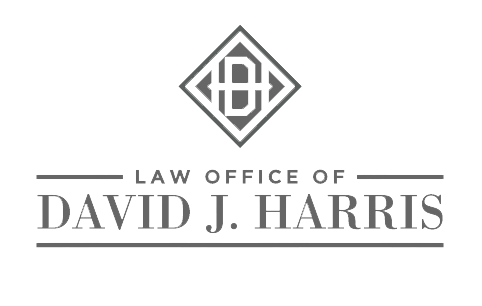Generally, a co-signer or guarantor may be liable for a loan or debt obligation if the primary borrower files for bankruptcy. The same may hold true for an authorized user or co-user of a credit card.
The primary borrower’s bankruptcy filing does not result in a discharge of the debt of the co-signer or guarantor.
There are exceptions, though.
The terms of the documentation signed by the co-signer or guarantor may limit his or her liability. Further, the person’s co-signing or guaranty may have been procured improperly by the creditor under Federal law.
Aside from these issues, an authorized user or co-user of a credit card (with a bankruptcy debtor) may have no liability for the credit card debt if he or she never signed a document that would obligate him or her on debt. This should be examined carefully, as credit card companies frequently cannot prove that the authorized user or co-user ever signed anything.
A debtor’s bankruptcy lawyer should list a co-signer or guarantor as a creditor on the debtor’s bankruptcy schedules so the debt that the debtor owes to the co-signer or guarantor is discharged. This may sound peculiar but, in most states, a co-signer or guarantor has a right of contribution from the primary borrower if the creditors ends up collecting the debt from the co-signer or guarantor. For example, if you and I owe a debt to the ABC bank, the bank can come after either one of us upon a default. If the bank ends up collecting the debt from me, it’s up to me to go after you for contribution. If you end up filing for bankruptcy, you should list me as a creditor to discharge my right of contribution against you.
If you are confronted with this situation, call me now at (570) 823-9400 or write to me at dh@lawofficeofdavidharris.com.

